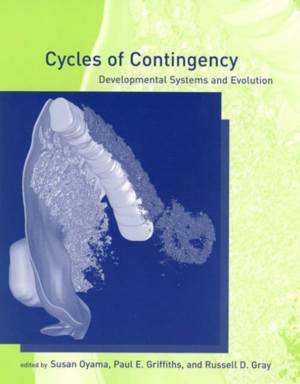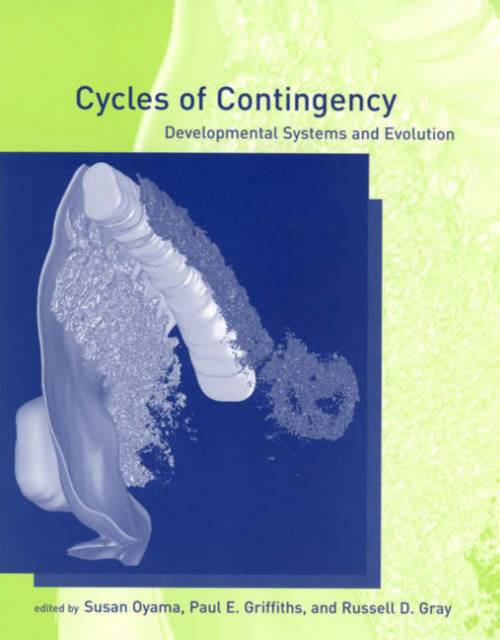
Je cadeautjes zeker op tijd in huis hebben voor de feestdagen? Kom langs in onze winkels en vind het perfecte geschenk!
- Afhalen na 1 uur in een winkel met voorraad
- Gratis thuislevering in België vanaf € 30
- Ruim aanbod met 7 miljoen producten
Je cadeautjes zeker op tijd in huis hebben voor de feestdagen? Kom langs in onze winkels en vind het perfecte geschenk!
- Afhalen na 1 uur in een winkel met voorraad
- Gratis thuislevering in België vanaf € 30
- Ruim aanbod met 7 miljoen producten
Zoeken
Cycles of Contingency
Developmental Systems and Evolution
€ 84,95
+ 169 punten
Omschrijving
The nature/nurture debate is not dead. Dichotomous views of development still underlie many fundamental debates in the biological and social sciences. Developmental systems theory (DST) offers a new conceptual framework with which to resolve such debates. DST views ontogeny as contingent cycles of interaction among a varied set of developmental resources, no one of which controls the process. These factors include DNA, cellular and organismic structure, and social and ecological interactions. DST has excited interest from a wide range of researchers, from molecular biologists to anthropologists, because of its ability to integrate evolutionary theory and other disciplines without falling into traditional oppositions.The book provides historical background to DST, recent theoretical findings on the mechanisms of heredity, applications of the DST framework to behavioral development, implications of DST for the philosophy of biology, and critical reactions to DST.
Specificaties
Betrokkenen
- Uitgeverij:
Inhoud
- Aantal bladzijden:
- 392
- Taal:
- Engels
- Reeks:
Eigenschappen
- Productcode (EAN):
- 9780262650632
- Verschijningsdatum:
- 24/01/2003
- Uitvoering:
- Paperback
- Formaat:
- Trade paperback (VS)
- Afmetingen:
- 180 mm x 226 mm
- Gewicht:
- 725 g

Alleen bij Standaard Boekhandel
+ 169 punten op je klantenkaart van Standaard Boekhandel
Beoordelingen
We publiceren alleen reviews die voldoen aan de voorwaarden voor reviews. Bekijk onze voorwaarden voor reviews.








